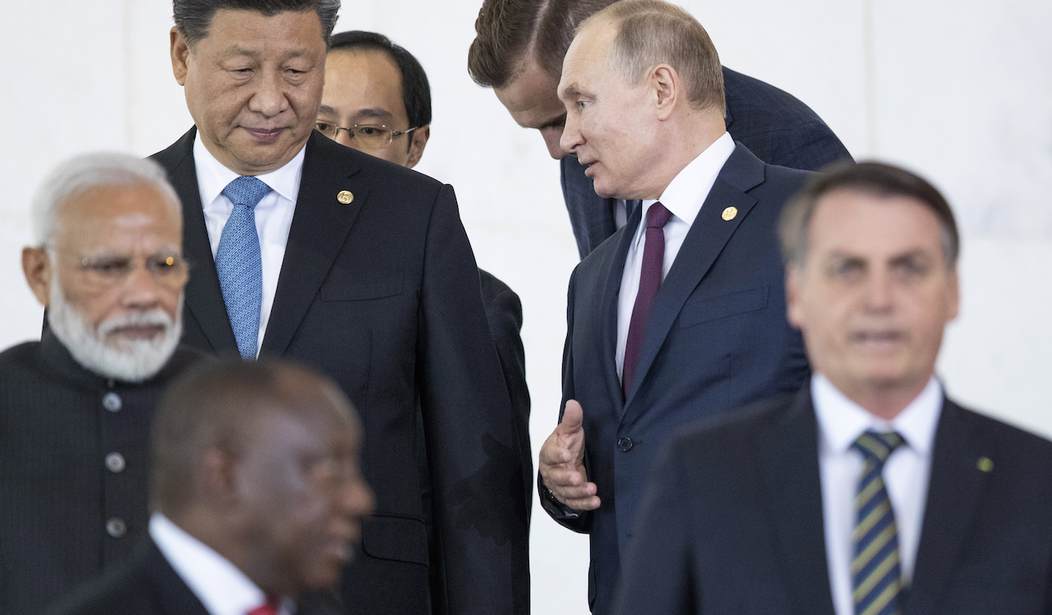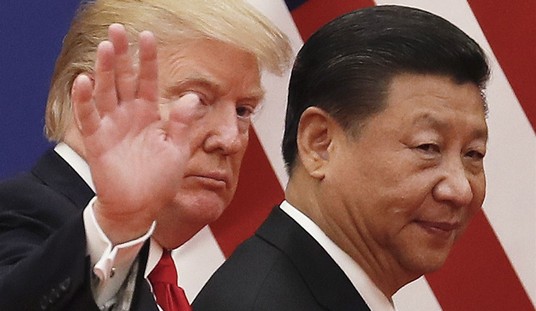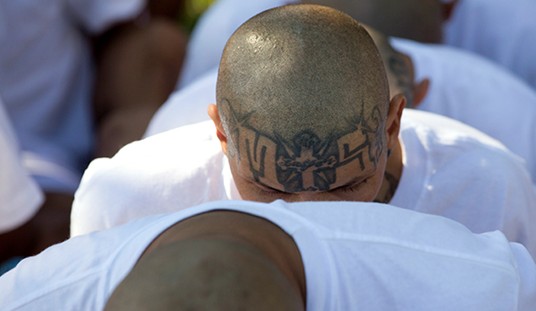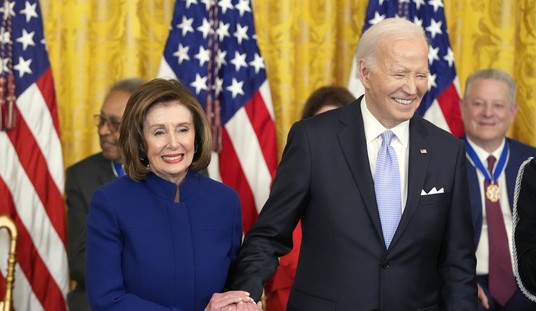BRICS began in 2009 as a relatively modest economic and political coalition to challenge Western neoliberal hegemony. Member countries include Brazil, Russia, India, and China — major economies for sure, but not the world order-shattering megalith it’s shaping up to be.
The most important thing to consider in the intervening time might be its relative growth compared to the liberal world order of the West, which has been contracting in its global influence in recent years — accelerated in my view by the weaponization of the dollar, such as when the U.S. cut Russia out of the SWIFT system in retaliation for invading Ukraine.
Neocons and political scientists once heralded the collapse of the Soviet Union and the emergence of unipolarity as the “end of history.” They were sadly mistaken.
Via Belfer Center (emphasis added):
The conventional wisdom among U.S. grand strategists is that U.S. hegemony is exceptional—that the United States need not worry about other states engaging in counterhegemonic balancing against it. The case for U.S. hegemonic exceptionalism, however, is weak. Contrary to the predictions of Waltzian balance of power theorists, no new great powers have emerged since the end of the Cold War to restore equilibrium to the balance of power by engaging in hard balancing against the United States—that is, at least, not yet. This has led primacists to conclude that there has been no balancing against the United States. Here, however, they conflate the absence of a new distribution of power in the international political system with the absence of balancing behavior by the major second-tier powers. Moreover, the primacists’ focus on the failure of new great powers to emerge, and the absence of traditional “hard” (i.e., military) counterbalancing, distracts attention from other forms of counter balancing—notably “leash-slipping” —by major second-tier states that ultimately could lead to the same result: the end of unipolarity. Because unipolarity is the foundation of U.S. hegemony, if it ends, so too will U.S. primacy.
Related: Central Bank Gold Demand Hits Record High, U.S. Petrodollar on Deathbed?
The latest shoe to drop is Turkey, which recently applied to join BRICS.
Via Middle East Monitor (emphasis added):
In a significant move that could reshape its international alliances, Turkiye has officially applied to join the BRICS group—an economic coalition comprising Brazil, Russia, India, China and South Africa. The application signals Ankara’s intent to diversify its foreign policy and economic partnerships amid shifting global dynamics.
The BRICS group, which represents some of the world’s largest emerging economies, has been gaining influence on the global stage, advocating for a multipolar world order and seeking to challenge the dominance of Western-led institutions. Turkiye’s interest in joining BRICS aligns with its broader strategy to assert a more independent role in global affairs, particularly as it navigates complex relationships with both the West and other global powers.
Turkish officials have highlighted the potential benefits of BRICS membership, including enhanced economic cooperation, access to new markets and opportunities for collaboration in key areas such as infrastructure, technology and energy. Turkiye’s strategic location, bridging Europe and Asia and its growing economy, make it a valuable addition to the BRICS bloc.
There is no way this would have happened ten years ago. As noted, Turkey (rebranded as Türkiye for some reason, which I refuse to call it) is not only located in a vital geopolitical corridor between Asia and Europe but is also a NATO member, which must infuriate the neocons in D.C.
I’m sure they’d like to start a war over it, but the U.S. empire is stretched thin as it is, with latent conflicts in the Middle East, Eastern Europe, and the Pacific.
The U.S. government has squandered all of its carrots, and its sticks are twigs.
But there’s always the nuclear option, which might make for a great October surprise if the election looks like it’s not going well for Mamala and Tampon Tim.










